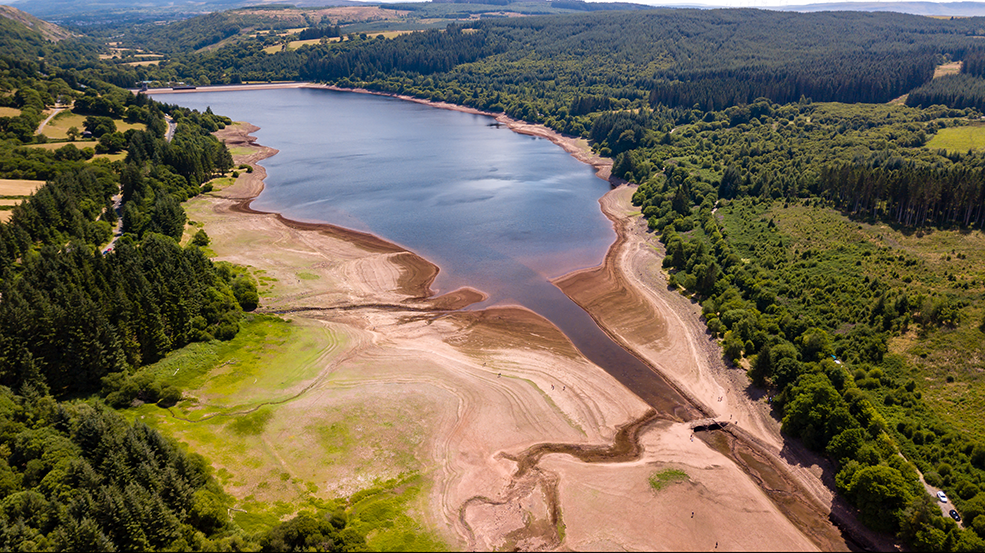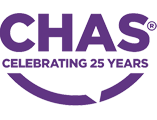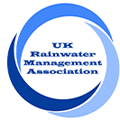How Rainwater Harvesting is protecting against droughts, reducing flood risk and saving carbon. 3 for the price of 1
 It is safe to say we are all feeling the heat at the moment, especially water companies who ensure homes and businesses are supplied with a clean, consistent supply of water! With widespread droughts causing water shortages across the UK, water suppliers are struggling to keep supplies flowing. This week, the majority of water companies in the UK officially declared drought status. You may be wondering what this means for you, and how you can protect your home or business from droughts in the future. Rainwater Harvesting is one of the ways we can help you to be more resilient…
It is safe to say we are all feeling the heat at the moment, especially water companies who ensure homes and businesses are supplied with a clean, consistent supply of water! With widespread droughts causing water shortages across the UK, water suppliers are struggling to keep supplies flowing. This week, the majority of water companies in the UK officially declared drought status. You may be wondering what this means for you, and how you can protect your home or business from droughts in the future. Rainwater Harvesting is one of the ways we can help you to be more resilient…
What does drought status mean?
Droughts are declared during prolonged periods of low rainfall which result in reduced water levels in our rivers, streams and reservoirs. The problem is that much of our mains water is supplied from reservoirs, so any reduction in water levels is a threat to our water supply. According to the Environment Agency’s monthly water situation report, stocks in reservoirs across the UK are currently at 65% capacity which is notably low when compared to the same period in previous years.
You may be thinking why does this matter? Water is not only essential for drinking, but for sanitation purposes too. From showers, to taps we all need water to survive. Drought status gives water companies, and the Environment Agency powers to increase their actions to prevent excess water use. For example, Temporary Use Bans can be introduced to limit our mains water consumption. Many of us will also know these as hosepipe bans.
How can we protect ourselves against droughts?
Now you know how droughts affect our water supplies, you probably want to know how you can protect your home or businesses against the challenges of water scarcity for the future.
It all starts with water conservation! Reducing our mains water consumption by changing our water habits and using alternative sources can contribute to there being more available water. Getting used to turning off shower water when you are not standing underneath it, keeping cold water in the fridge rather than running the tap and washing your car less frequently can all make a difference.
Rainwater Harvesting provides the perfect supply alternative to mains water. Our systems are designed to capture rainwater runoff from your roof area in order to recycle it for non-potable activities such as toilet flushing, vehicle washing and irrigation. Free, clean rainwater passes through a series of advanced filtration devices before being stored until needed. See how it works here.
But in a drought, there is no rain, so how does Rainwater Harvesting help?
The UK is set to require an extra 3.4 billion litres of water extra per day by 2050! If we use less mains water during months when there is an abundance of rainfall, we can save our reservoir water for dry spells! Rainwater Harvesting can also store captured water until it is required, meaning rainwater is still available in periods of low rainfall.
When we have prolonged dry periods, the ground becomes as hard as concrete, so that when rain finally comes it has nowhere to soak into. This can often result in severe flooding. If you are collecting your roof water locally in a tank, this can help retain some of the water so that it doesn’t overload the drainage system and if you have active attenuation we can help you prevent floods on a much larger scale.
As well as protecting us against droughts and floods, rainwater harvesting is proven to use less carbon than traditional mains water so for you, this is a triple win!!!
Interested?
See our rainwater harvesting solutions here, or call our friendly team.






